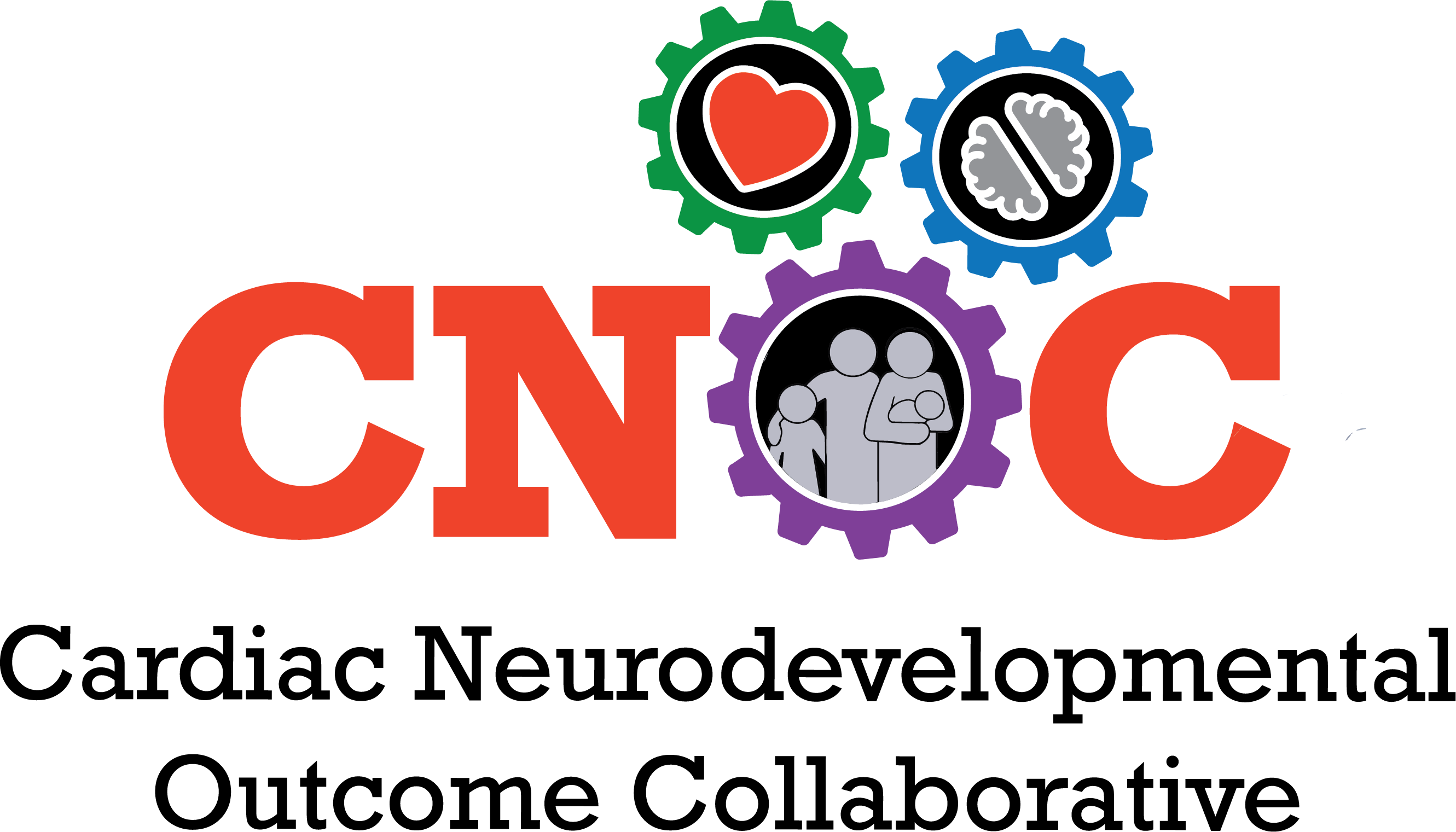

Co-Chair: Shabnam Peyvandi MD MAS [email protected]
Co-Chair: Caitlin Rollins MD SM [email protected]
Over the last decade, we have learned that the developing fetal brain is vulnerable in the setting of congenital heart disease. Disturbances to brain maturation begin in utero for fetuses with complex CHD and may increase the risk of acquired brain injury and future neurodevelopmental impairment. Novel magnetic resonance imaging techniques have enabled quantification of brain maturity and early assessments of the intersection between cardiovascular physiology and brain maturity. In recent years, we have learned that other factors may play an important role in brain development, including genetic and environmental (i.e. socioeconomic status, maternal stress) factors.
In order to fully understand the relative contribution of each of these factors (physiology, environment, genetic), large studies that can analyze different cardiac sub-groups separately are needed. Most single center studies do not have the sample size to effectively study sub-groups of CHD. Thus, a collaborative effort is required to combine imaging studies across institutions along with granular genetic and environmental data to provide the foundation for urgently needed fetal neuroprotective clinical trials. Our collaborative efforts will not only advance knowledge and create innovation but may provide data to influence policies around the care of the pregnant women whose fetuses are affected by CHD (i.e. routine psychological and stress support for mothers and fathers, advocacy for vulnerable underserved populations).
The short-term goals of this SIG are to:
- Bring together a multi-disciplinary group of individuals with an interest in understanding the developing fetal brain in congenital heart disease (physicians, researchers, radiologists, physicists, nurses, psychologists);
- Begin to develop a mechanism to enable data sharing of fetal imaging studies across institutions and platforms (i.e. different imaging vendors);
- Focus on the intersection of fetal cardiovascular physiology, environmental, and genetic factors with brain development utilizing novel imaging modalities that can be shared across institutions.
Over the long-term, we aim to combine pooled fetal neuroimaging data with neurodevelopmental outcome data collected through CNOC to understand fetal markers of neurodevelopmental outcome and utilize this SIG as a resource to investigators embarking on fetal neuroprotective trials to provide a platform for mentorship, collaboration, and data sharing.
Please contact SIG Co-Chairs Shabnam Peyvandi and Caitlin Rollins if you are interested in joining this SIG or with questions.
